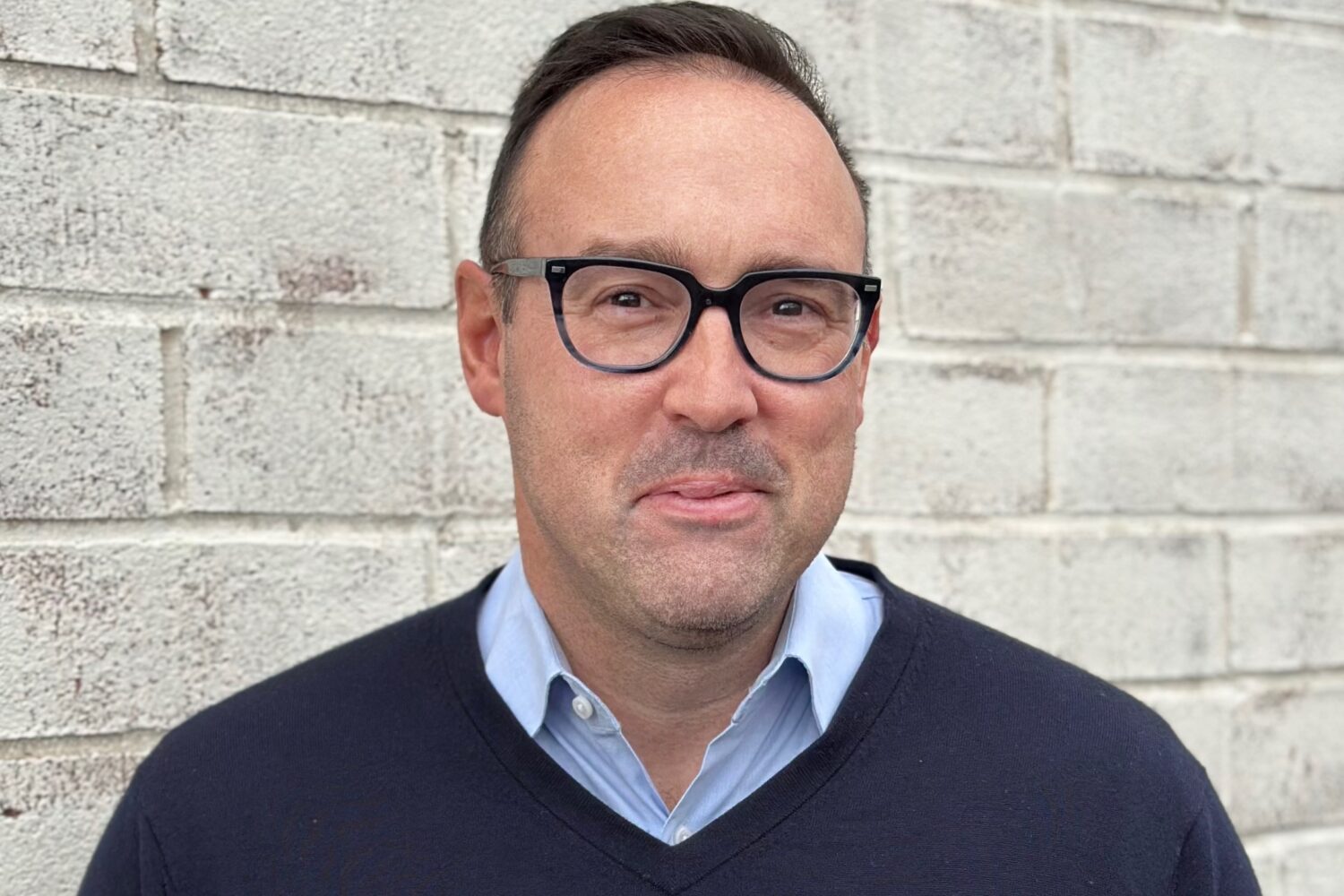Every two years, we learn that certain journalists don’t vote. Former Washington Post Executive Editor Len Downie Jr. famously didn’t vote. Neither does Mike Allen, nor Jake Tapper, nor Keith Olbermann.
All these people have high-minded ideals about how the levers they pull might affect their newsgathering. And while it’s necessary, I’d say even crucial for journalists to examine how their mental chemistry and the sum total of their experiences affects the way they think about current events, we must all face a truth: How you express your beliefs in a voting booth makes no difference.
The idea that journalists can’t be impartial arbiters of politics unless they affect a monklike remove from democracy one day every two years gives us license to coast on other matters in our job. The time to think about your political leanings is when you decide whether something’s a story or not. Whether the frame around your reporting will give an accurate representation of an event or issue. Whether you’re interested in facts or a narrative.
There are people who will never believe that journalists can give a fair shake to conservatives, or third party candidates, or almost any other group you can name. These people will never be assuaged by your heartfelt declaration that you’ve nobly removed yourself from the political arena. Many of them, in fact, make good money trying to “expose” you as biased. Nothing you say or do will ever deter them.
There’s a whiff of self-aggrandizement in these decisions, especially when they’re expressed publicly. It goes back to the post-Watergate myth of the journalist as a professional rather than a tradesperson–you’re allowed to be off the job! Just do good work. Question everything. And shut up about yourself. As I like to remind people I work with, you’d be surprised how few people actually care what you think. It’s what you do that matters.



















